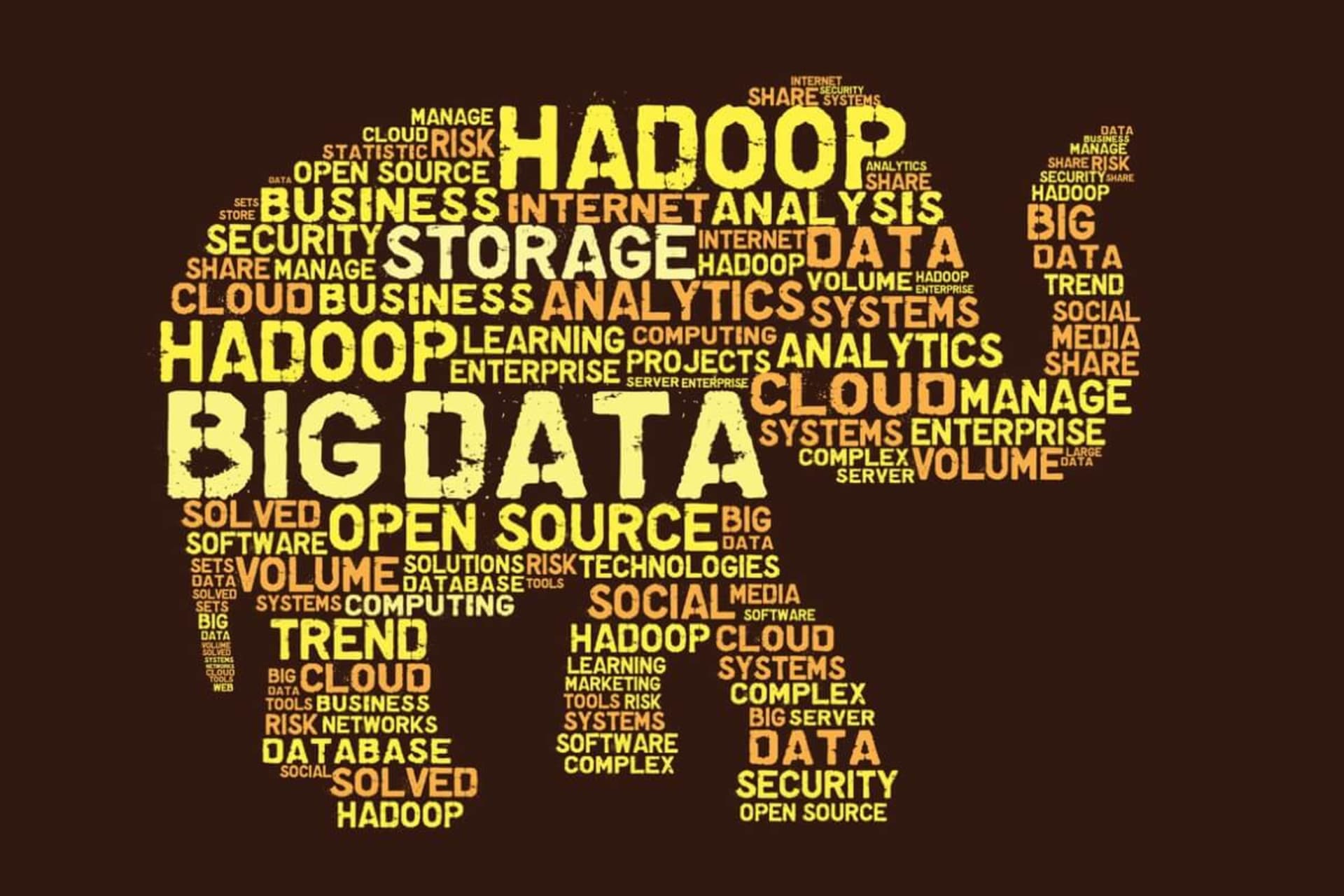Data has become the lifeblood for businesses around the globe. With data, your company can predict trends, prevent loss, better serve customers, improve your pipelines, and get more from the applications and services you use.
In other words, data is a crucial component of doing business in today’s market. It’s absolutely essential, and having the right software to manage data is just as important as the data you store.
One invaluable tool for managing data is an open-source platform called Hadoop.
What Is Hadoop?
Hadoop is an open-source framework used for storing data and running/managing clusters of hardware to make it possible to use that data at scale. Hadoop can provide massive storage for nearly any type of data (both structured and unstructured) and offers considerable processing power to handle limitless concurrent jobs.
In other words, if you have very large troves of information, Hadoop can be an invaluable tool for making use of that data.
Hadoop began as a web search engine named Nutch, created by Doug Cutting and Mike Cafarella. The idea behind Nutch was to be able to return web results faster by using distributed data across a cluster of computers so multiple jobs could run simultaneously. This came into being around the same time as Google (which was based on the same premise). Unfortunately for Cutting and Cafarella, Google won out.
In 2006, the Nutch project was moved to Yahoo but was divided into two different projects, one of which was the web crawler, which was renamed Hadoop. Two years later, Yahoo released Hadoop as an open-source project which evolved into a powerful framework maintained by the Apache Software Foundation.
Hadoop offers a very specific set of benefits that could help a great many companies:
- Ability to store and process vast amounts of data of any type.
- Distributed computing model that can process large amounts of data very quickly.
- Distributed model also protects data against hardware failure.
- Data doesn’t have to be preprocessed before being stored.
- Free to use on commodity hardware.
- Highly scalable.
Hadoop architecture consists of four main components: the Hadoop Distributed File System (a file system that provides better data throughput), Yet Another Resource Negotiator (which manages the cluster nodes), MapReduce (a framework that makes it possible to do parallel computing on data), and Hadoop Common (provides the necessary Java libraries).
Can Hadoop Be Useful for Advertising?
The answer to this question is a resounding yes. Simply put, Hadoop makes it possible for advertisers to target potential customers with very specific and custom content. Think about it this way: Without those troves of user data, your advertisers are pretty much grabbing at thin air. They have no idea what’s trending, how your customer set breaks down, what your customers need/want, where your customers are, and what markets are hot.
With the help of Hadoop, you can process that data in such a way as to make it exponentially easier for your advertising department to get very granular with advertising. So, instead of doing general marketing, you can get highly specific with your efforts. Even better, a good portion of that process can be automated. Because of this, by the time your advertising department gets its hands on the processed data, it’s already broken down such that it can create highly targeted and structured ads that are better suited for today’s audiences.
Hadoop in Digital Marketing
Let’s say, for example, within your advertising network you have hundreds of thousands of customers and thousands of projects. Along with those products you have all the necessary media files, subscriptions, apps, tracking information, clicks, views, and descriptions.
Imagine your digital marketing department having to make sense of all that information. Not only would that be an insurmountable task, but it would also take forever to do. With a framework like Hadoop, that insurmountable task is vastly simplified and the time involved becomes quite manageable. Hadoop can take a massive data dump and very quickly process it into assets your digital marketing team can use.
And because very large collections of behavioral data can be accessed and used, your team can generate precise models that focus on customer needs, wants, desires, tastes, and locale. Being able to very specifically target your digital marketing efforts will not only improve your targeting accuracy, but it will also help improve your click-through rate (CTR).
In the end, Hadoop can greatly help your marketing and product managers better understand your customers, which equates to more robust and accurate behavioral profiling and increased retention, conversion, and monetization.
What business doesn’t want that? And given Hadoop is open source (and free), this is a win-win for every department in your business.







